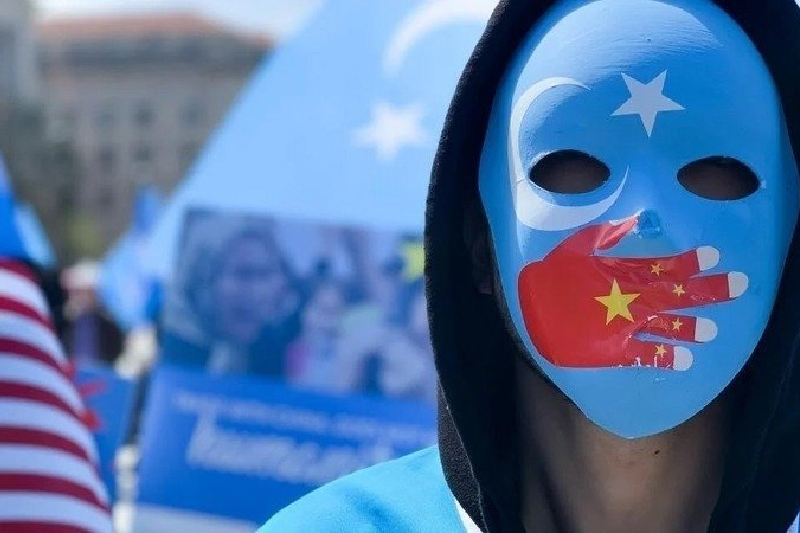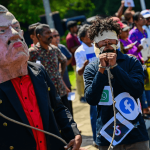
China’s Crackdown on Human Rights violations have long been a subject of global concern
China’s Crackdown on Human Rights violations have long been a subject of global concern, with accusations of suppression and abuse prevalent, especially in regions like Xinjiang, Tibet, and Hong Kong. However, the impact extends beyond activists themselves, as their families face severe repercussions for their advocacy. A recent report by Chinese Human Rights Defenders (CHRD) highlights the disturbing trend of “collective punishment” meted out against the families of human rights defenders, shedding light on the harrowing experiences faced by these individuals.
The Reality of Collective Punishment – China’s Crackdown on Human Rights
The report, focusing on incidents from 2023, reveals a pattern of authorities targeting the children of rights advocates. These tactics, while not new, continue to be employed with impunity, causing immense harm to innocent family members. The CHRD report cites numerous cases where the families of activists were threatened, harmed, and subjected to various forms of harassment. For instance, children were placed under exit bans, forced to abandon their education, and even detained in psychiatric wards or orphanages. These actions not only punish the activists themselves but also have a chilling effect on others who might consider speaking out against injustices.
Case Studies: He Fangmei and Wang Quanzhang
The case of He Fangmei, a campaigner for vaccine safety, is particularly disturbing. Following her and her husband’s detentions, their young children were placed in a psychiatric hospital, including her newborn child. Similarly, human rights lawyer Wang Quanzhang’s family faced intense harassment, with his young son being denied education due to official pressure on schools. These cases illustrate the lengths to which the Chinese authorities are willing to go to suppress dissent, even at the expense of innocent children’s well-being and futures.
Escaping Repression: Exit Bans and Surveillance
Individuals who attempt to flee such treatment by seeking refuge abroad are often met with further repression. The report highlights the use of exit bans, which prevent individuals from leaving the country, as a tactic to control and intimidate activists and their families. This practice has become more prevalent under President Xi Jinping’s regime, reflecting a broader tightening of control over dissenting voices. Furthermore, those who manage to leave are often subjected to surveillance, with authorities cutting off all contact between family members to prevent them from speaking out.
China’s use of collective punishment against the families of human rights activists is a stark reminder of the lengths to which the authorities will go to silence dissent. The stories highlighted in the CHRD report paint a grim picture of the realities faced by those who dare to speak out against injustice. As the international community continues to shine a light on these abuses, pressure must be maintained on China to respect the rights of all individuals, including those advocating for human rights and social justice.







